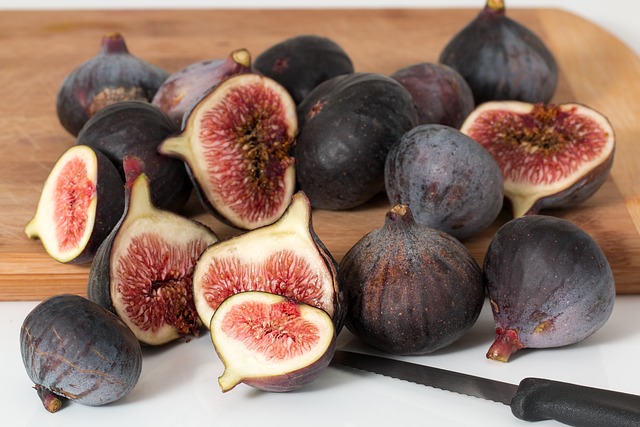Probiotics 101: The Ultimate Beginner’s Guide to Understanding and Incorporating These Beneficial Bacteria
Probiotics are living microorganisms that provide various health benefits when consumed in adequate amounts. These beneficial bacteria can be found in certain foods as well as dietary supplements. They have gained significant attention in recent years for their potential to improve digestion, boost immune function, and support overall well-being. In this beginner’s guide, we will explore the world of probiotics, their benefits, and how you can incorporate them into your daily life.
Understanding Probiotics
To understand probiotics, we first need to know that not all bacteria are harmful. In fact, our bodies are home to trillions of microorganisms, including both good and bad bacteria. Probiotics are the beneficial bacteria that help maintain a healthy balance in our gut microbiota. They primarily reside in our digestive system, specifically the intestines.
Probiotics can be categorized into different strains, with the most common ones belonging to the Lactobacillus and Bifidobacterium genera. Each strain may offer distinct health benefits, so it’s essential to choose the right probiotic for your specific needs.
The Benefits of Probiotics
Incorporating probiotics into your diet can have numerous positive effects on your health. Here are some of the key benefits of consuming these beneficial bacteria:
1. Improved Digestive Health
Probiotics help maintain a healthy balance of gut bacteria, promoting better digestion and nutrient absorption. They can reduce symptoms associated with common digestive issues such as bloating, gas, and diarrhea. Probiotics may also provide relief for individuals with irritable bowel syndrome (IBS) or inflammatory bowel disease (IBD).
2. Enhanced Immune Function
The gut plays a crucial role in our immune system, and probiotics contribute to its strength by maintaining the integrity of the intestinal lining. These beneficial bacteria stimulate the production of immune cells and regulate inflammatory responses, helping to fight off infections and diseases.
3. Mood and Mental Health Support
Emerging research suggests a strong connection between the gut and the brain, known as the gut-brain axis. Probiotics may influence brain function and potentially improve mental health conditions such as anxiety, depression, and stress. While more research is needed, incorporating probiotics into your routine may have positive effects on your overall well-being.
Food Sources of Probiotics
Probiotics naturally occur in some foods, making them easily accessible for most people. Here are several common sources of probiotics:
- Yogurt: Look for yogurts labeled with “live and active cultures.” Greek yogurt is a popular choice.
- Kefir: A fermented milk drink packed with probiotics.
- Sauerkraut: Fermented cabbage that provides a tangy flavor and beneficial bacteria.
- Kombucha: A fizzy, fermented tea beverage. Check the label to ensure live cultures are present.
- Kimchi: A Korean side dish made from fermented vegetables.
When purchasing these probiotic-rich foods, it’s essential to choose options that are not heavily processed or filled with added sugars, as these may negate some of the potential benefits. Incorporating these foods into your diet can be an excellent way to introduce probiotics naturally.
Probiotic Supplements
In addition to food sources, probiotics are also available in supplement form. These supplements contain a high concentration of specific probiotic strains and can be useful for individuals who may have difficulty obtaining sufficient amounts from food alone. When choosing supplements, look for trusted brands that provide detailed information about the strains and colony-forming units (CFUs) of each product.
However, it’s always recommended to consult with a healthcare professional before starting any







